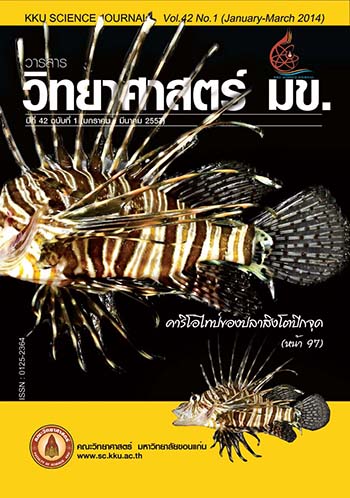Role of Probiotics for Antibiotic-Associated Diarrhea Prevention and Treatment
Main Article Content
Abstract
Antibiotic-associated diarrhea (AAD) is a common side effect of antibiotic therapy. AAD results from normal flora destroyed by antibiotics, which causes bacterial pathogens to overgrow. Therefore, probiotics show an important role in preventing and treating AAD. There are many types of probiotics, including bacteria such as: Lactobacilli, Bifidobacterium, Enterococcus, Streptococcus, Escherichia and yeast of Saccharomyces spp. Probiotics have many mechanisms of action. Furthermore, they possess a number of factors which result in different outcomes. Many recent studies indicate that probiotic treatment is an effective medication for the prevention of AAD. However, the efficacy varies by type of probiotic. Also, any severe adverse effects of probiotics are not always reported, except when use in patient with severe acute pancreatitis. The reason is that probiotic therapy has been associated with
sepsis, endocarditis and immunosuppression. Patient with severe acute pancreatitis must therefore use probiotics with caution. Nevertheless, overall probiotics are valuable in the prevention and treatment of AAD.
Article Details

This work is licensed under a Creative Commons Attribution-NonCommercial-NoDerivatives 4.0 International License.


